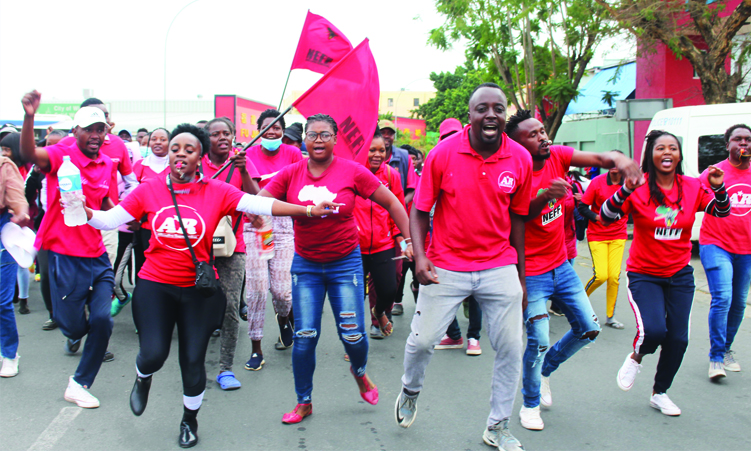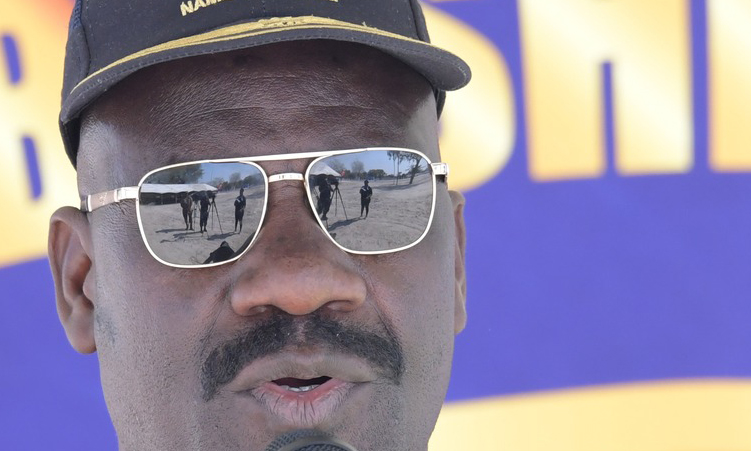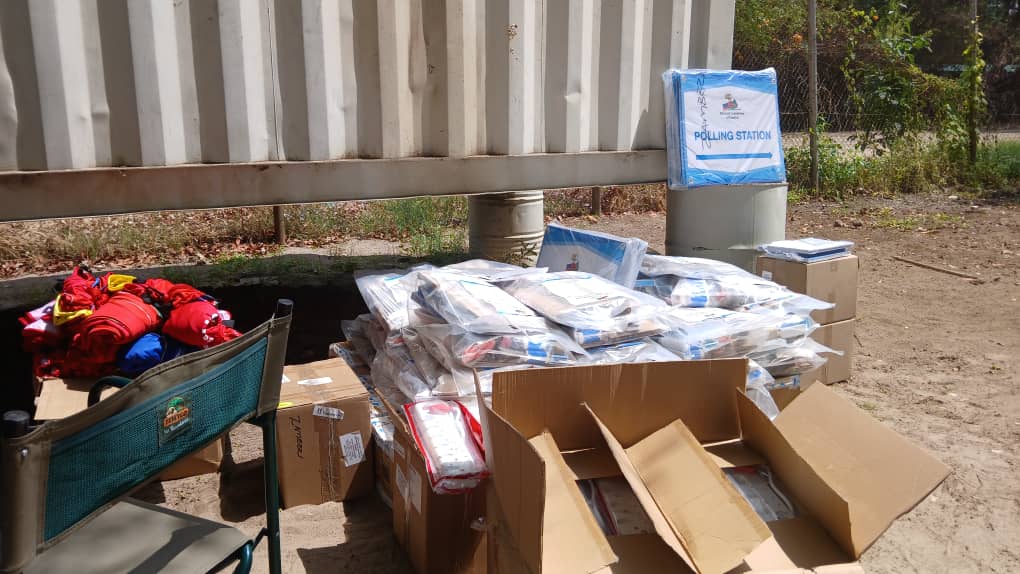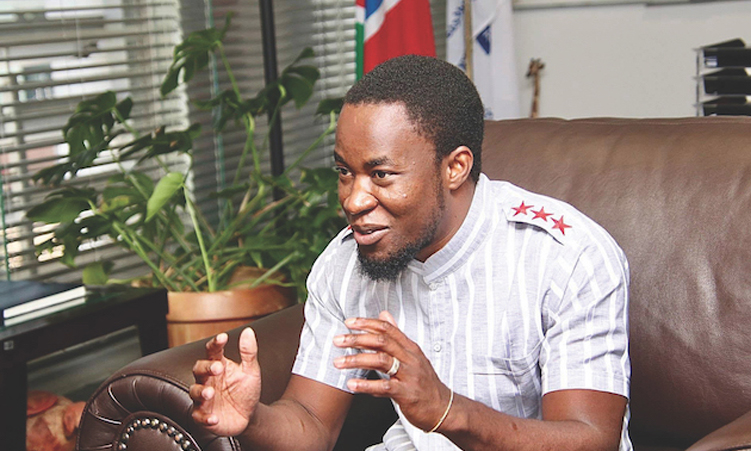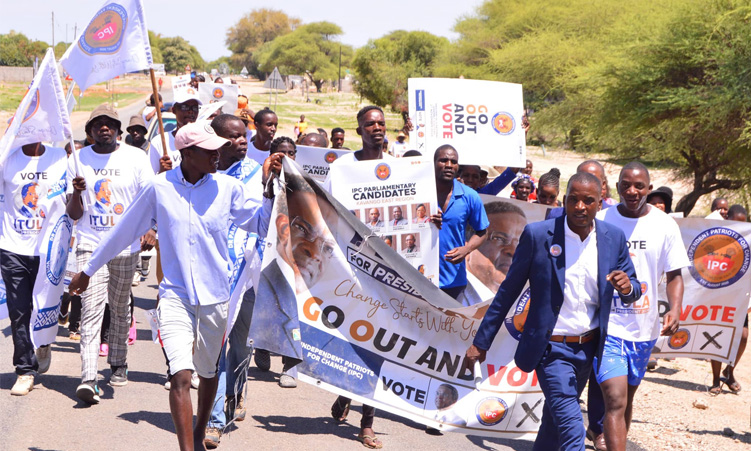The government has come under fire for introducing a public gatherings and public processions bill.
This comes after the minister of home affairs, immigration, safety and security Albert Kawana introduced the bill in the National Assembly on Wednesday.
The bill aims to regulate public gatherings.
The bill prohibits public demonstrations at certain places such as court buildings, the parliament, State House, airports, embassies and other buildings used as foreign mission offices, military buildings, correctional service buildings and buildings of the central intelligence service.
The bill seeks to regulate public gatherings and processions by requiring organisers to obtain permission, outlines police powers during such events and prohibits anyone from carrying weapons at these gatherings.
Failure to comply can lead to a fine of N$5 000 or a prison term not exceeding 1 year.
Katutura Residents Committee spokesperson Shaun Gariseb says the bill is oppressive and regressive.
“The proposal of such bills during an election year infringes on our fundamental rights as outlined in chapter 3 of the Constitution,” he says.
Gariseb says limiting people’s ability to gather and demonstrate in response to social and economic issues is a backwards approach.
“It’s concerning and unfortunate that, as the ruling party with a majority, you’re likely to be the target of this discontent, which is a red flag,” he says.
He asks if the ruling party is trying to distance itself from the discontent directed towards it.
“Opposition and progressive Swapo members must reject this proposal and we’ll express our discontent in September to prevent the bill from passing,” he says.
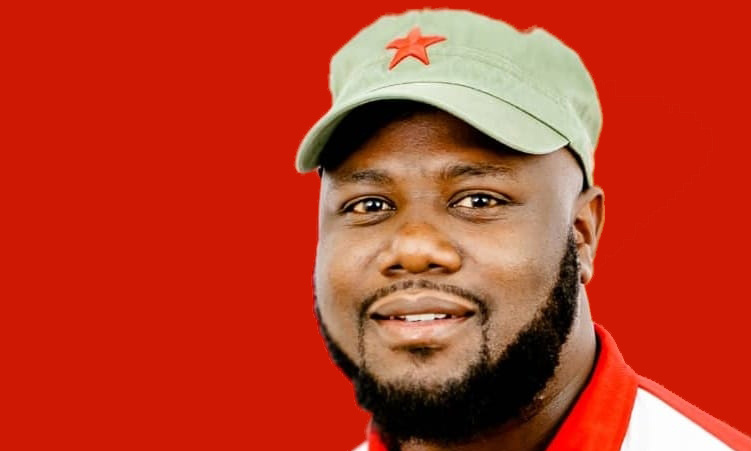
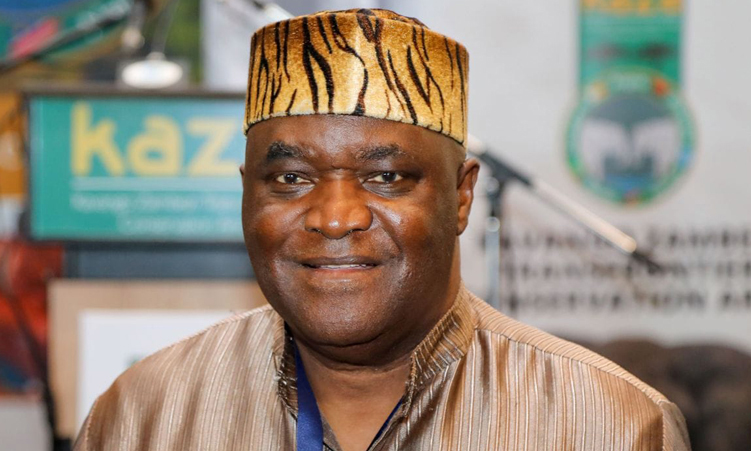
Affirmative Repositioning national spokesperson George Kambala says the bill aims to prohibit and regulate people’s movements.
“The proposal is regressive and un-Namibian, as it gives too much power to the inspector general and the minister, allowing them to approve or disallow gatherings, which undermines the constitutional right to assemble freely,” he says.
Kambala says the proposed bill would prevent inmates, hospital staff and even magistrates from gathering to discuss their grievances.
“We understand that the current regime has been busy adopting policies, Western policies and instruments to regulate people’s movements and it’s a concern in which direction we’re headed,” he says.
Kambala says the parliament should park the bill somewhere in the annals of history, “where it shouldn’t even come out.”
“It’s disturbing that Kawana is supporting this, especially considering that freedom fighters like him, who once faced prohibitions during apartheid, seem to have forgotten their past struggles,” says Kambala.
“The opposition in parliament must vigorously fight this bill, as it reveals the complacency of Swapo MPs, including the younger ones, who should have voiced their disapproval early on and informed the public. It’s disappointing that they remain silent,” he says.
Siyomunji Law Chambers lawyer Mbanga Siyomunji says the bill cannot be constitutional.
“The right to demonstrate is a right to protest. You are publicly airing displeasure against something,” he says.
Siyomunji says while the National Assembly is responsible for making laws, the Supreme Court can also influence law through precedents.
“The Supreme Court reviews laws to ensure they meet constitutional standards. If a law infringes on people’s constitutional rights, the court would deem it unconstitutional,” he says.
Meanwhile, social activist Rasboom Mwemba, from the Zambezi region, says the bill wants to bring back a dictatorship.
“If people are prohibited to protest in certain parts of the country or certain places in the country, that will cause anarchy,” he says.
He says the bill will not stop angry protesters and angry young people from protesting.
“They have seen what is happening in Nigeria and in Kenya. So, they are now afraid, because they know they are also incapable, they are not delivering. Very soon, the youth will be demanding their rights,” says Mwemba.
Stay informed with The Namibian – your source for credible journalism. Get in-depth reporting and opinions for
only N$85 a month. Invest in journalism, invest in democracy –
Subscribe Now!


